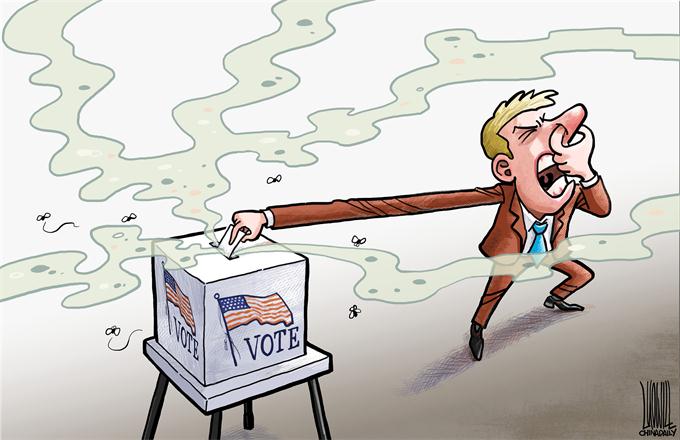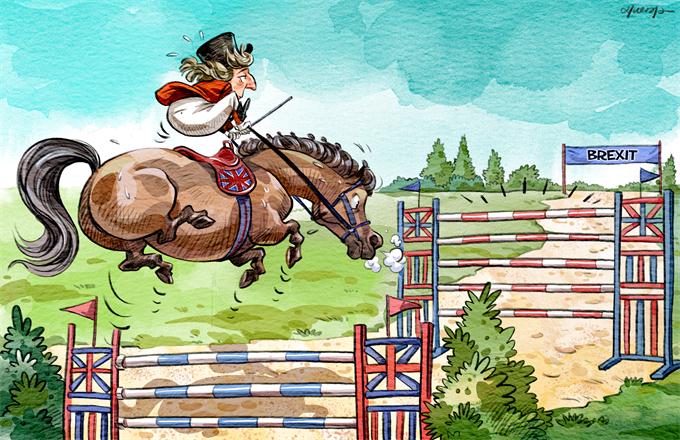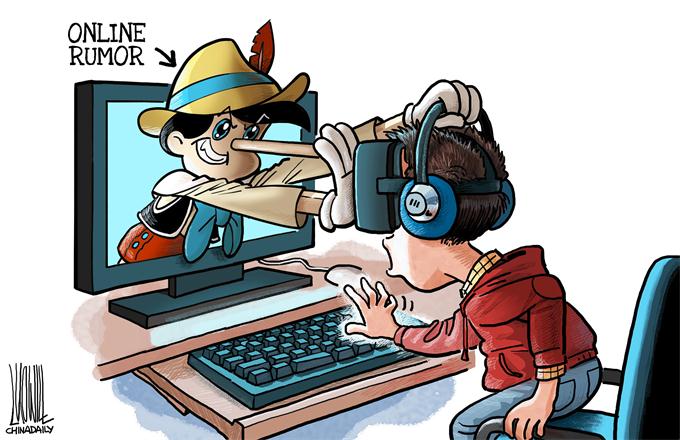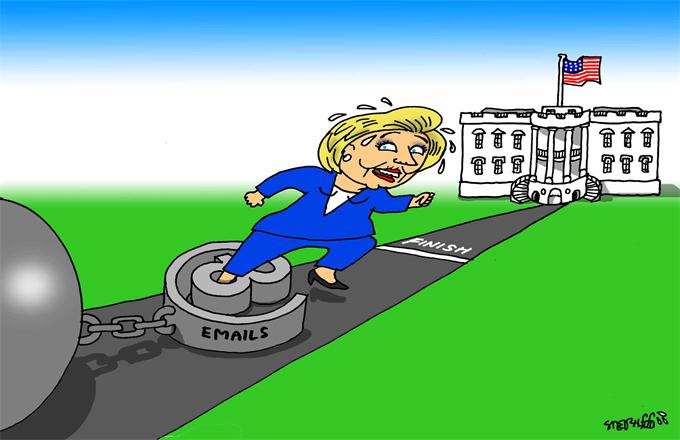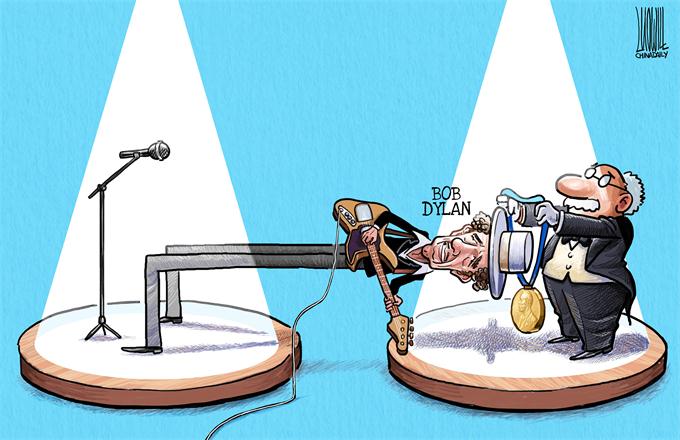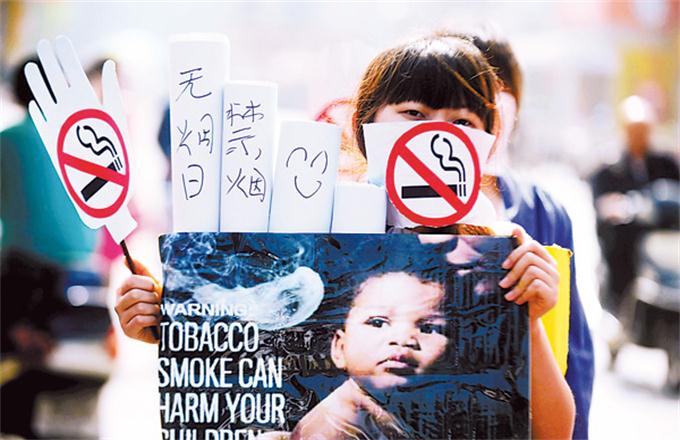Time to end 'streamline corruption' in State-owned highway companies
TWO SENIOR OFFICIALS of a local State-owned highway investment company have been convicted of corruption. Peng Shu took bribes of 188 million yuan ($28 million), while Hu Haolong accepted 170 million yuan in bribes. Their subordinates also made money illegally. Gmw.cn comments:
It is astonishing that two leading officials of a provincial SOE could grab so much illicit money, yet it is even sadder that such corruption cases have become so common.
Corruption has become so rampant in State-owned highway companies that people jokingly call it "streamline corruption", as one official after another is proving corrupt.
The rampancy of corruption has, of course, much to do with the lack of supervision. In 2014, Feng Weilin, the former head of Hunan provincial highway management bureau, was given a life sentence for corruption in which another 27 officials in the department were also involved. When the supervisors became corrupt themselves, how can they supervise their subordinates?
Besides, records show that the Hunan Highway Construction Company, in which the two corrupt officials worked, suffered heavy losses when the two officials were in position, because they took bribes and sacrificed the interests of the SOE. In other words, the SOE had almost become a tool for them to make illicit money. They became rich while the taxpayers lost money.
That period coincided with Hunan accelerating its highway construction. The more highways they built, the more money the corrupt officials could grab. That has almost become a new mode of corruption: Officials start projects and apply for investment from the State, allowing those who bribe them to win the bids.
It should be noted that taxpayers suffer greater losses than the money they grab, because those giving the bribes want to make money, too. Worse, in order to enlarge their profit margin, those offering the bribes need to save costs, which comes at the cost of project quality.
It is time for the higher authorities to intervene and cut the corruption chain, not only to prevent losses to the taxpayer, but also to ensure safety.




